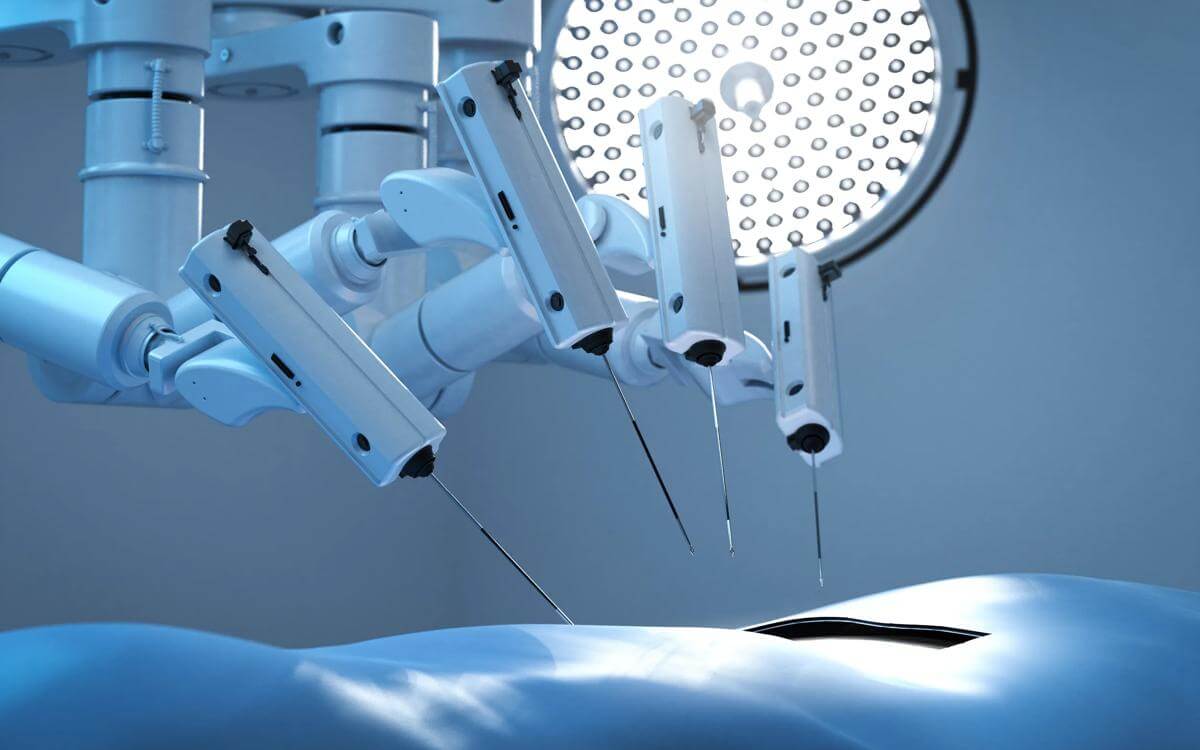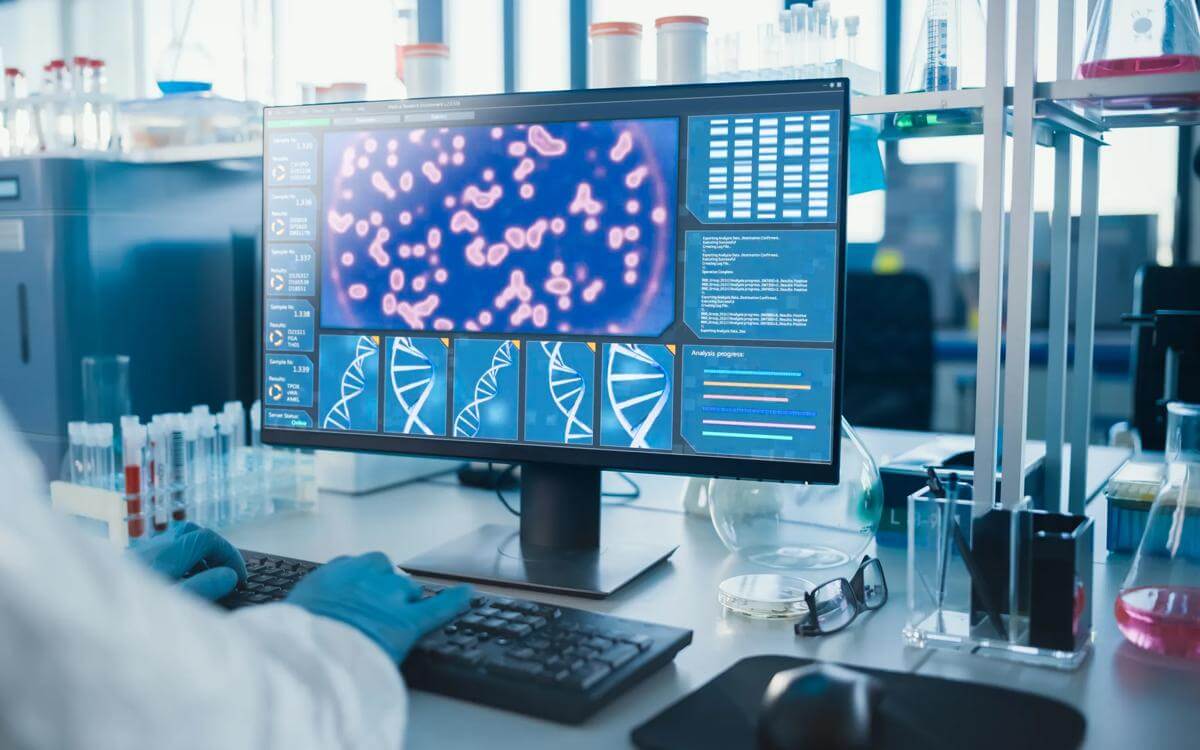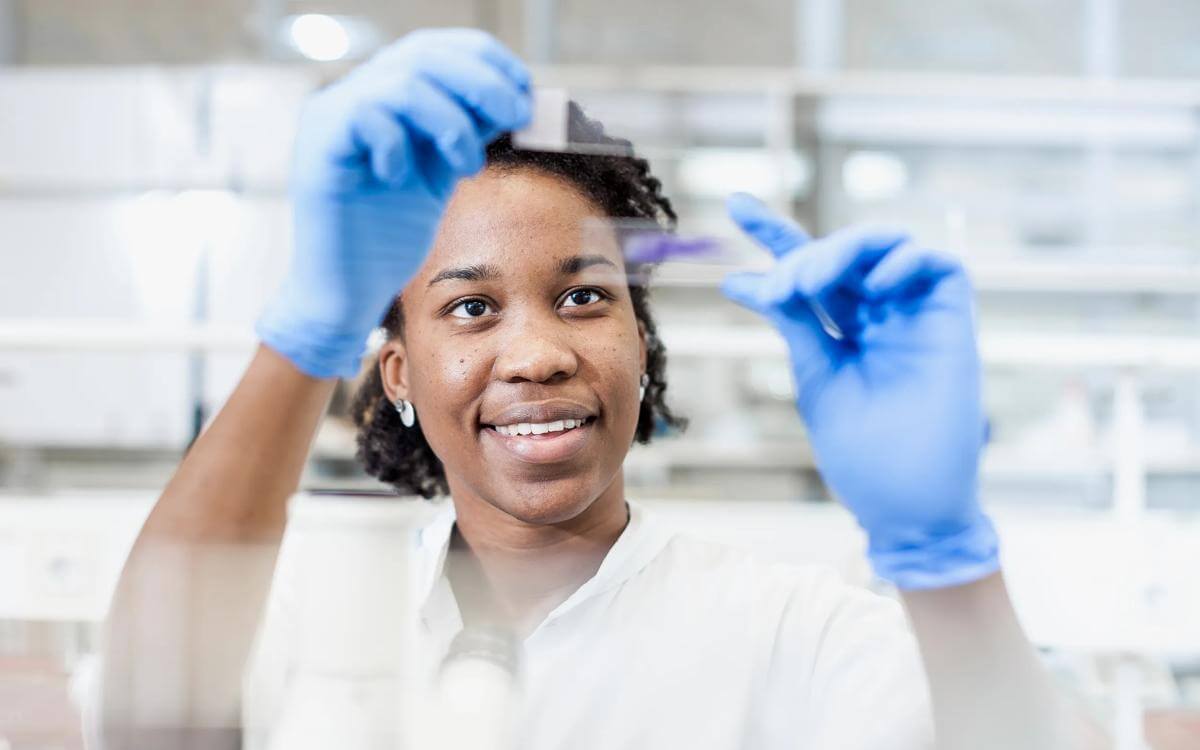As biotech and AI converge, arbitration is emerging as the preferred forum for complex intellectual property disputes – particularly when the underlying science defies straightforward explanation.
In the life sciences sector, innovation serves as both catalyst and contested ground. As companies compete to develop breakthrough therapies, diagnostics, and formulations, intellectual property (IP) disputes are inevitable.
Increasingly, these conflicts are being resolved through arbitration – a mechanism whose confidential, dynamic and expert-driven character makes it uniquely suited to the technical complexity and commercial sensitivity inherent in biotech, pharmaceutical and other life sciences disputes.
The regulatory-IP nexus
A recent case exemplifies this trend. The dispute concerned a novel medical treatment developed under a collaboration agreement. One of the parties filed for regulatory approval with the FDA in the United States in its own name. The other party commenced arbitration in Europe under the agreement because it considered that the regulatory approval should have been sought jointly.
According to a public US court petition, whilst the arbitrators found that the respondent company retained discretion over regulatory matters, they also concluded that filing independently constituted a material breach of the partnership agreement. The resulting award required the respondent to assign its FDA application to the claimant – a remedy that would potentially have been difficult to obtain, and certainly slower to secure, through conventional litigation.
This case illustrates arbitration's ability to navigate the intersection of IP ownership, regulatory frameworks, and commercial collaboration with both speed, discretion and finality. It also foreshadows more challenging disputes on the horizon.
When the science itself is uncertain
There has been a significant increase in the number of life sciences disputes in arbitration. In 2024, the WIPO Arbitration and Mediation Center reported a 25% increase in the number of resolved IP, innovation, and technology disputes. Life sciences cases specifically comprise 15% of the cases filed.
Such dilemmas are becoming more frequent, particularly as artificial intelligence permeates the life sciences. AI-driven technologies – whether deployed in drug discovery, diagnostic imaging, radiotherapy or synthetic biology – are characterised by what researchers call "opacity." Even domain experts often struggle to explain precisely why an algorithm produces a given output. This "black box" problem renders traditional expert evidence both indispensable and, paradoxically, insufficient.
Arbitrators are called upon to adjudicate disputes where no participant – including the experts – fully comprehends the underlying technology. The expectation is no longer merely legal fluency, but scientific literacy across disciplines that are themselves evolving rapidly.
AI-generated IP: A harbinger of disputes to come
Consider the recent controversy surrounding Tilly Norwood, a fully AI-generated actress created by Dutch producer Eline Van der Velden and promoted as "the next Scarlett Johansson." The announcement provoked immediate backlash from actors' unions, which warned that synthetic performers pose an existential threat to human livelihoods. At the same time, Tilly’s creators promised that Tilly is only the beginning and that many more artificial superstars are already in the making.
The legal, ethical and moral questions surrounding Tilly Norwood illustrate es the type of IP conflicts that will inevitably arise as generative AI becomes embedded in biotech. Questions of authorship, inventorship, licensing, and even representation – concepts developed for human creators – will be tested in contexts involving probabilistic algorithms and machine-generated outputs.
As AI tools are used to design novel molecules, predict protein structures, and generate synthetic biological data, the arbitration community must prepare for disputes that challenge foundational assumptions about innovation, ownership, and liability. One thing however seems certain: expert evidence will only become more important in the resolution of complex cross-border disputes involving different disciplines, jurisdictions and ethical considerations.
The demands on tomorrow's arbitrators
Arbitration offers distinct advantages in this landscape: flexibility, expertise, and adaptability to the pace of scientific change. But these benefits come with heightened demands on the participants in the process, including arbitrators.
The future of IP arbitration in life sciences will require more than legal acumen. It will demand:
- Scientific literacy across disciplines that intersect and evolve rapidly.
- Comfort with uncertainty, particularly in adjudicating technologies whose outcomes are probabilistic rather than deterministic.
- Willingness to engage deeply with evidence that defies easy explanation or traditional categorisation.
Arbitrators must be prepared not only to apply established legal principles, but to reason through novel questions at the frontier of science and law. This is not a passive role. It requires active engagement with complexity and a recognition that, in many cases, the "right" answer may itself be provisional and subject to revision and evolution as scientific understanding advances.
Conclusion
As biotech and AI continue to converge, tomorrow’s disputes will test the boundaries of IP law and the capacity of established dispute resolution mechanisms to keep pace with innovation.
Arbitration – being by nature dynamic, confidential and sophisticated – is well-positioned to meet this challenge. Its success will depend on the willingness of participants in the arbitration process to confront the unknown with both rigour and intellectual curiosity.
Contact

Bernhard Maier
Partner
bernhard.maier@brownejacobson.com
+44 (0)3300451349








































